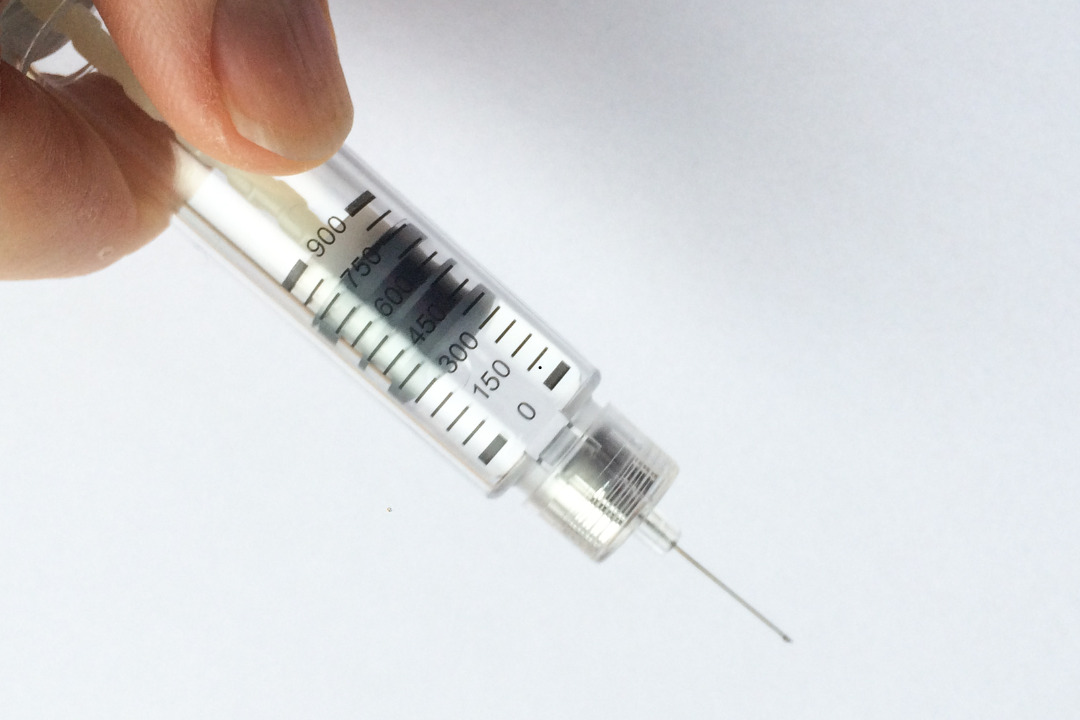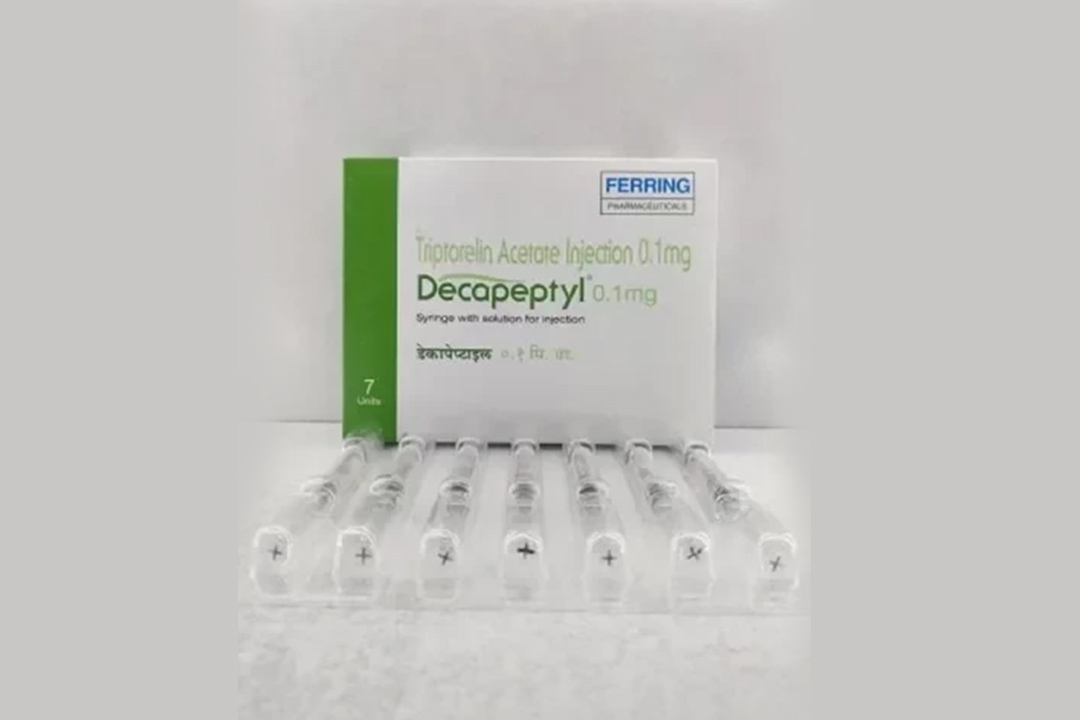Laser Hatching in IVF: What You Should Know
Many couples battling infertility face both hope and uncertainty with every treatment option. One treatment that now attracts attention is LIT Therapy in IVF, also called Lymphocyte Immunization Therapy (LIT) or Paternal Lymphocyte Immunization (PLI) Therapy.
This treatment builds on the idea that the immune system sometimes attacks a developing embryo. It works to adjust the immune response so that the mother's body accepts the pregnancy.
In this article, we break down the basics of reproductive immunology, describe how LIT Therapy works, and examine its benefits, procedure, and factors that can affect its success. We aim to offer you a clear, detailed overview in plain language without losing any of the original detail.
Immune System and Pregnancy
A healthy pregnancy depends on a delicate immune balance. A woman's body usually accepts the developing baby because the immune system learns to see the fetus as family. Yet sometimes the immune system overreacts. Reproductive immunology studies how the immune system interacts with pregnancy.
Researchers show that certain immune cells, especially natural killer cells that normally protect the body against diseases like cancer. It can sometimes appear in high numbers. When these cells act too strongly, they interfere with hormone production and create a uterine environment that may lead to miscarriage.
What Is LIT Therapy?
LIT Therapy, or Lymphocyte Immunization Therapy (LIT), is an immune treatment that prepares the body for pregnancy. It targets the mother's immune system, teaching it to accept the embryo rather than attack it. The treatment's core idea is simple: the developing embryo carries genes from both parents.
In some women, the immune system sees the father's genetic material as foreign and reacts against it. LIT Therapy injects the father's white blood cells into the mother in a controlled way. This process drives her immune system to build tolerance toward the father's cells, reducing the risk of rejecting the embryo.
How LIT Therapy Works in IVF
In many cases of recurrent miscarriage or repeated IVF failures, doctors suspect the immune system may be to blame. LIT Therapy offers one way to address this problem. The treatment starts with testing the woman's blood to measure levels of specific antibodies. One key test is the Leukocyte Antibody Detection (LAD) test. Low antibody levels may mean that the body fails to provide the protection needed to support a pregnancy.
The Procedure
Collection of White Blood Cells: Doctors begin by drawing a blood sample from the prospective father. When donor sperm is used, they screen the donor's blood instead. The goal is to extract white blood cells (lymphocytes) from the sample.
Processing the Sample: In the lab, doctors concentrate these lymphocytes into a solution. This concentrated solution contains the proteins and antigens that instruct the immune system on what to recognize.
Injection into the Mother: Doctors then inject the concentrated white blood cell solution into the prospective mother. They perform shallow injections in the forearm. Typically, doctors complete the treatment in two sessions spaced three to four weeks apart.
Waiting Period: After the injections, the couple waits around four weeks before trying to conceive. This period lets the mother's immune system adjust and build tolerance to the father's cells.
Benefits of LIT Therapy
LIT Therapy offers several potential benefits for couples undergoing IVF:
- Research indicates that LIT Therapy can boost the chances of a successful pregnancy in women who experience recurrent miscarriages.
- By introducing paternal cells in a controlled way, the therapy guides the mother's immune system to accept the embryo instead of rejecting it.
- Studies suggest that LIT Therapy poses no higher risk than common vaccines. Most side effects are minor and temporary.
- The treatment requires only a few injections and avoids invasive surgery.
- Evidence shows little to no lasting negative impact from the treatment.
When Is LIT Therapy Recommended?
Doctors typically recommend LIT Therapy when they suspect an immunological cause for recurrent miscarriage or repeated IVF failure. Women who endure several miscarriages or multiple unsuccessful IVF cycles may benefit from this treatment.
The therapy proves especially useful when routine tests reveal low levels of leukocyte antibodies (LAD), which normally help protect a pregnancy. By increasing these antibody levels, LIT Therapy can create a more supportive uterine environment.
Doctors also consider LIT Therapy in cases where the mother's immune system seems to target the embryo aggressively. In a normal pregnancy, the body builds tolerance to the father's genetic material. However, if the body does not develop this tolerance naturally, LIT Therapy jumps in to kickstart the process.
LIT Therapy and Fertility Outcomes
For many women who have experienced repeated pregnancy losses or IVF failures, LIT Therapy offers a fresh approach. The treatment aims to improve the immune system's response to the embryo to increase the chances of successful implantation and a full-term pregnancy. Here's how LIT Therapy improves fertility outcomes:
Many couples view LIT Therapy as a chance to overcome a long history of miscarriages or IVF failures. They see it as a proactive method for managing immunological issues that might underlie their infertility.
Cost Considerations
The cost of LIT Therapy varies by clinic and geographic location. Because only a few specialized private clinics offer the treatment, it can cost more than standard IVF procedures. Many couples, however, view the expense as a worthwhile investment if it increases the chances of a successful pregnancy.
When you consider LIT Therapy, factor in both the direct costs and the potential long-term benefits. A successful treatment might reduce the need for additional IVF cycles, ultimately saving time, money, and emotional stress.
Success Rate and Research Findings
Studies on LIT Therapy report promising results, with several meta-analyses noting a significant improvement in live birth rates among treated women. Research shows that LIT Therapy works particularly well for women who experience recurrent miscarriage or implantation failure.
While early studies encourage optimism, experts agree that larger and more comprehensive studies must confirm the treatment's effectiveness. Despite ongoing debates, many couples who have exhausted other options consider LIT Therapy a valuable part of their fertility treatment plan.
Potential Side Effects
Studies indicate that long-term risks are very low, and any side effects are usually minor and short-lived.
- Some women experience redness, swelling, or a slight burning sensation at the injection site. These effects appear commonly and fade quickly.
- In a few cases, women may develop a mild fever, skin rash, or general discomfort. These symptoms occur rarely and do not cause long-term issues.
- Large studies have not found significant adverse effects such as severe allergic reactions or autoimmune problems.
Who Can Benefit from LIT Therapy?
LIT Therapy does not suit everyone. It works best for women who face repeated miscarriages or multiple failed IVF cycles due to suspected immunological issues. If standard treatments have not worked and tests suggest that the immune system may reject the embryo, LIT Therapy might offer a new path forward.
Research shows that about 5% of couples experience recurrent miscarriages. For these couples, LIT Therapy may boost the chances of a successful pregnancy by addressing underlying immune issues. It remains essential to discuss this treatment with your fertility specialist to decide if it suits your situation.
Why Consider LIT Therapy in IVF?
Many couples feel discouraged after multiple failed IVF attempts. LIT Therapy offers hope by targeting a hidden factor, an overactive immune system.
By teaching the immune system to be more tolerant, this treatment creates a nurturing environment for the embryo. Couples who have tried other methods with little success find that LIT Therapy offers a new chance to achieve a successful pregnancy.
LIT Therapy also complements a holistic approach to fertility. It works best when combined with healthy lifestyle changes such as a balanced diet, regular exercise, and stress management. By taking charge of your overall health, you create the best possible conditions for a pregnancy.
Conclusion
LIT Therapy in IVF shows promise for those who struggle with recurrent miscarriages or repeated IVF failures caused by immunological issues.
The treatment remains simple, minimally invasive, and generally safe. It works by teaching the mother's immune system to build tolerance to the father's cells, thereby reducing the risk that the body attacks the developing embryo.
About Us
AKsigen IVF is a premier center for advanced fertility treatments, with renowned fertility experts on our team. Specializing in IVF, ICSI, egg freezing, and other cutting-edge reproductive technologies, AKsigen IVF is committed to helping couples achieve their dream of parenthood. With personalized care and a patient-first approach, AKsigen IVF provides comprehensive fertility solutions under one roof.






















































































